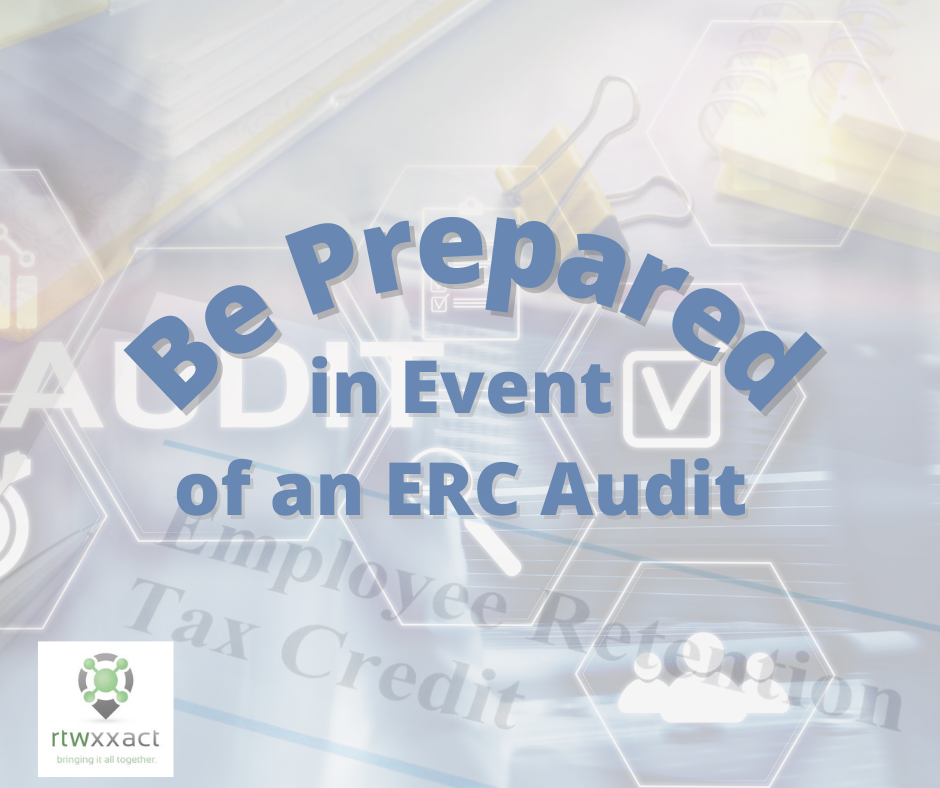Despite the numerous warnings from the Internal Revenue Service, the American Institute of CPAs and various tax practitioner groups, advertisements for employers to take advantage of the Employee Retention Credit continue to proliferate. Unscrupulous promoters advertise that just about anybody qualifies. Employers are being told by their business’ accountant or financial advisor that they do not qualify for the credit, so they simply go to an ERC mill, which happily tells them that they do.
“Aggressive promoters present wildly misleading claims about this credit. They can pocket handsome fees while leaving those claiming the credit at risk of having the claims denied or facing scenarios where they need to repay the credit,” warned Commissioner Danny Werfel.
Employers who have filed for a refund should know that the IRS has a set period to challenge the refund and recoup the money, according to tax attorney Barbara Weltman, author of “J.K. Lasser’s Small Business Taxes 2024.” And CPAs may face a malpractice claim when preparing tax returns that reflect the ERC, even if they did not calculate it. “For the credit related to the third quarter of 2021, the IRS usually has until April 15, 2025, to act. But the IRS can file a lawsuit within two years of payment, even if later than the usual three-year statute of limitations,” she advised. “As of June 14, 2023, there were about 537,000 unprocessed Form 941s, and there are IRS employees in the Cincinnati and Ogden [Utah] service centers trained to work possible ERC refunds. And the Treasury’s 2024 Greenbook proposed that Congress extend the period to give the IRS more time to challenge erroneous refund claims.”
The aggressive marketing of the ERC continues to prey on innocent businesses and others, according to the IRS. That is one of the problems with the ERC, according to James Creech, senior manager with the tax advocacy and controversy group at Top 10 Firm Baker Tilly. The mills are jumping all over this ERC program to make money while it is available. Once it is over, many will disappear without paying, according to Creech.
We are starting to see a shift in the audits, he remarked. “When you get audited for an ERC claim, one of the things the government wants is to speak to the taxpayers themselves.; They’re very intensive, very fast where the auditor comes in and says, ‘You know, I’m giving you a limited amount of time to demonstrate to me that you are entitled to this,'” he explained. “So, the taxpayer who finds they’re under audit should reach out to a professional within a matter of hours. No response means no credit, because you didn’t justify it.”



